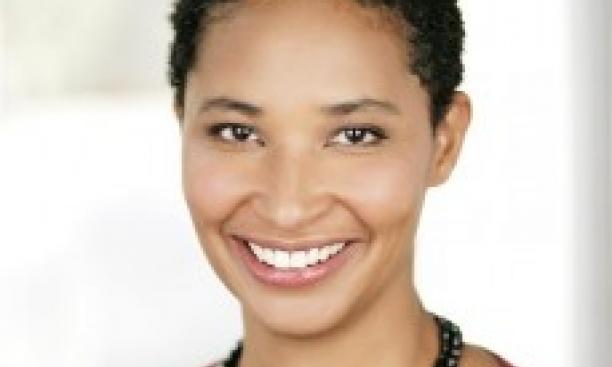

Can a single period change the way we think about one of the United States’ founding documents? Danielle Allen ’93 thinks so. Allen, a professor and political theorist at the Institute for Advanced Study, notes in her new book, Our Declaration, that there is a discrepancy between the parchment version of the Declaration of Independence and the official transcript in the National Archives: In the latter, a period appears after the phrase “life, liberty and the pursuit of happiness,” reshaping the meaning of a section that discusses both individual rights and the government’s role in protecting those rights.
“The logic of the sentence moves from the value of individual rights to the importance of government as a tool for protecting those rights,” Allen explained in The New York Times. “You lose that connection when the period gets added.”
The historical detail was big news on the eve of Independence Day, receiving coverage from the Times, the Philadelphia Inquirer, PBS NewsHour, and dozens of other media outlets. But it was just one example extracted from a remarkably detailed examination of the Declaration of Independence. AsWashington Post reviewer Thane Rosenbaum noted, relatively few Americans have read the full 1,337-word document or can recall much about the group of five men who drafted it — no, it was not Thomas Jefferson’s work alone. But Allen, applying a “geek’s gaze” and her experiences as a teacher and scholar, brings the full story to life, Rosenbaum wrote, with a book that is “not just an invaluable civics lesson but also a poignant personal memoir.”
Allen, a classics major at Princeton, completed Ph.D. studies in classics and government at Cambridge and Harvard, respectively, before joining the faculty at the University of Chicago. She joined the Institute for Advanced Study in 2007, and in a PAW feature published the following year, she talked about her book about the Declaration of Independence, then it its early stages: “People have a very clear narrative about liberty, and they’re very confused about equality. You need both to have a successful democracy. It seems to me it’s time to go to work on rebuilding our understanding of what the concept of equality means, why it’s important, and what it takes in order to secure its value through democratic politics.”
